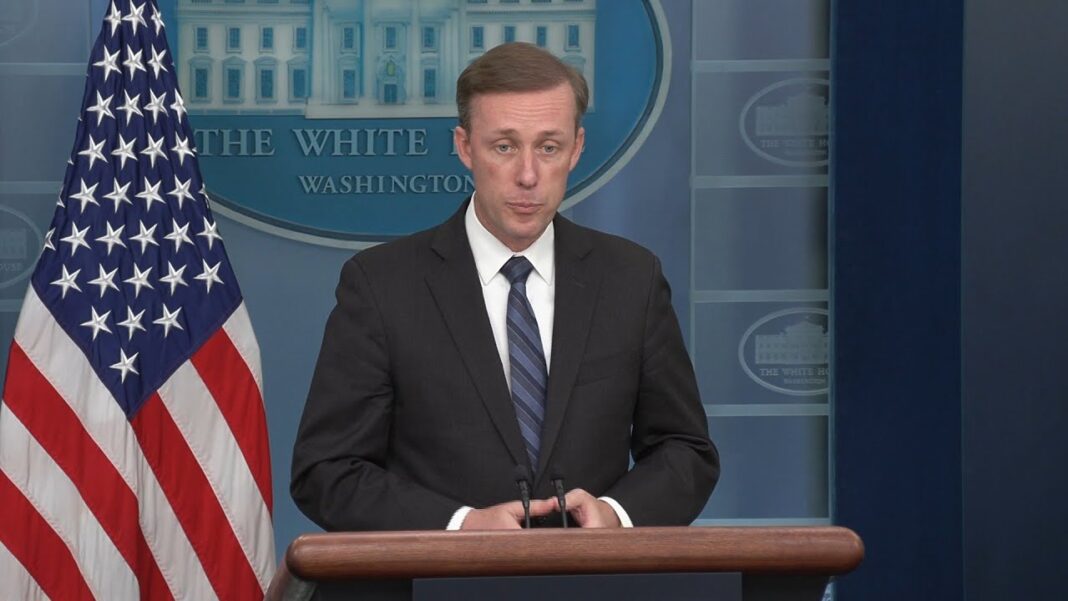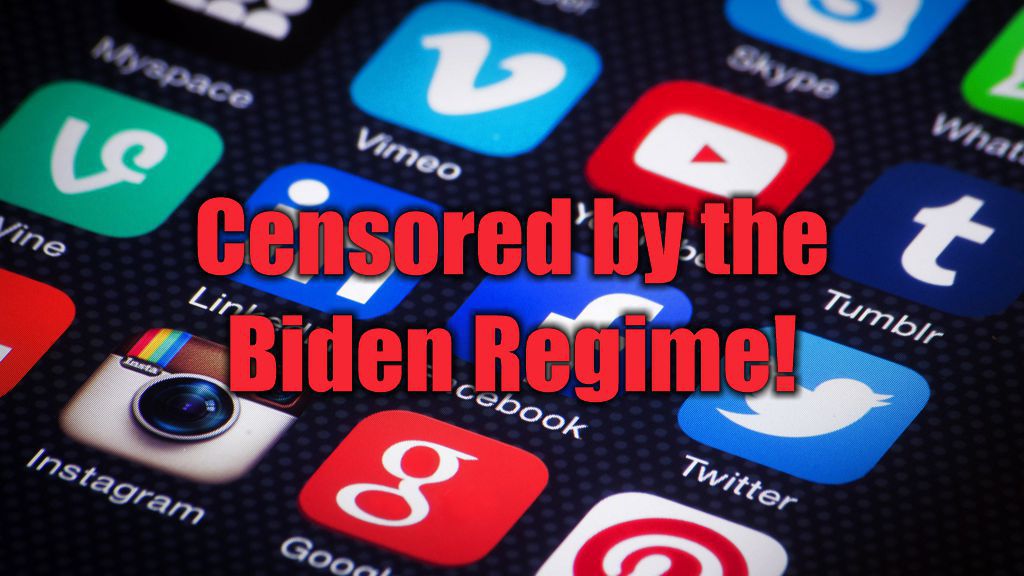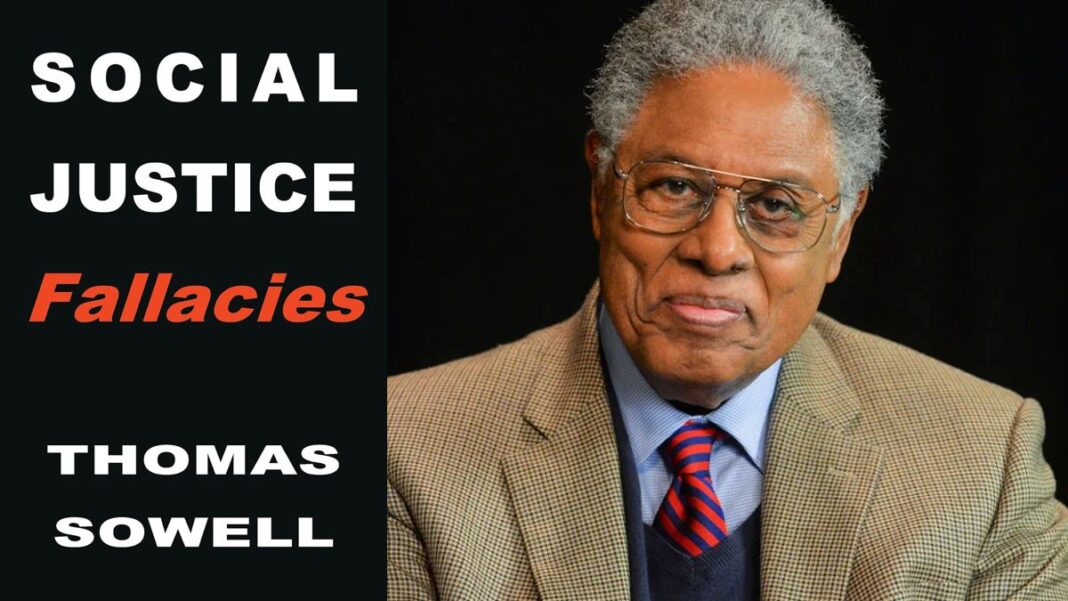The meeting came as questions swirl around the durability of Xi Jinping’s political and military leadership after a second Chinese minister disappears.
National security adviser Jake Sullivan held an unscheduled meeting with China’s top diplomat, Wang Yi, in Malta during the weekend, the White House said.
The meeting was part of the Biden administration’s efforts to reopen the high-level communication lines with China’s communist regime and manage bilateral ties that have deteriorated over a slew of issues, from trade to Taiwan.
In the past three months, President Joe Biden has dispatched four Cabinet-level officials to Beijing: Secretary of State Antony Blinken, Treasury Secretary Janet Yellen, climate envoy John Kerry, and Commerce Secretary Gina Raimondo.
The White House called the recent meeting “candid, substantive, and constructive,” and China’s foreign ministry described the meeting as “frank, substantive, and constructive.”
Mr. Sullivan and Mr. Wang discussed “key issues in the U.S.–China bilateral relationship, global and regional security issues, Russia’s war against Ukraine, and cross-Strait issues,” among other topics, according to a White House readout of the weekend’s meetings.
Mr. Sullivan “noted the importance of peace and stability across the Taiwan Strait” during the meeting, according to the White House statement.
The Chinese Communist Party (CCP) claims the self-ruled democratic island of Taiwan as its own territory, to be taken by force if necessary. In the past three years, Beijing has increased the amount of warplanes it regularly sends to fly near the island. On Sept. 14, Taiwan’s defense military reported that 68 Chinese military aircraft and 10 navy vessels were seen in its surrounding region.
During the meetings with one of President Biden’s top advisers, Mr. Wang reiterated the Chinese regime’s stance on Taiwan, saying that the issue “is the first insurmountable red line in Sino–US relations,” according to the summary of the talks issued by Beijing’s foreign ministry.
The two sides agreed to maintain “maintain high-level exchanges” between the two countries, China’s foreign ministry stated.
By Dorothy Li







